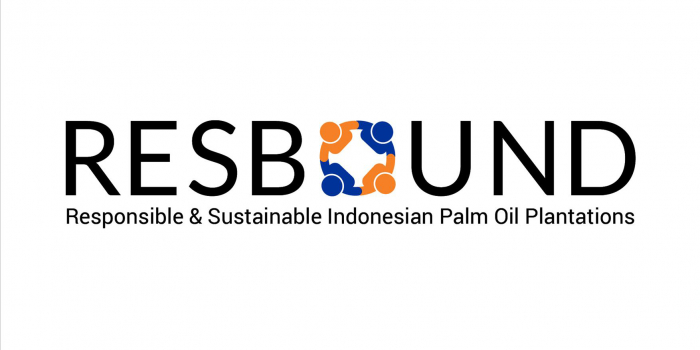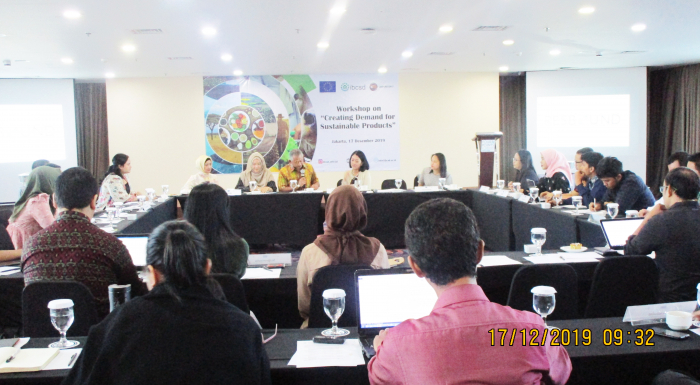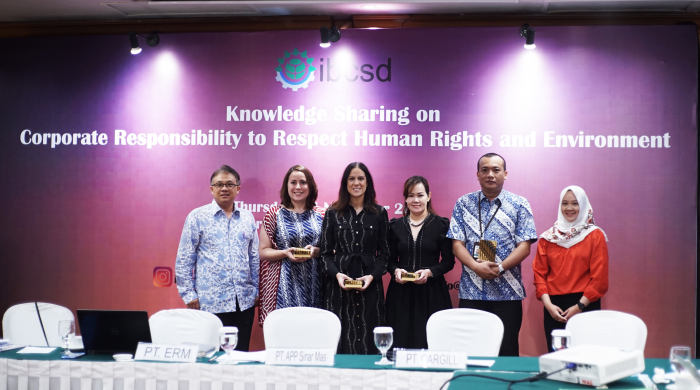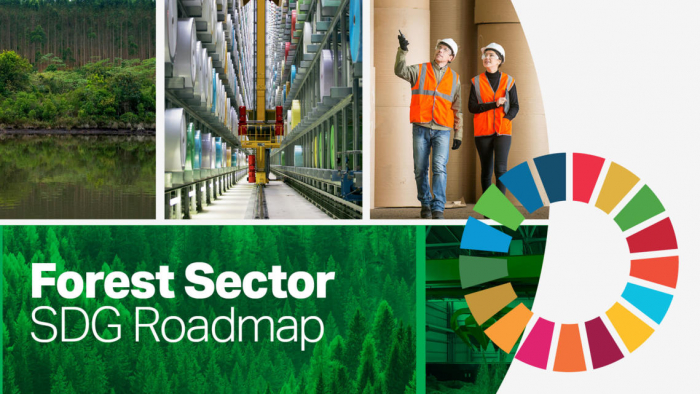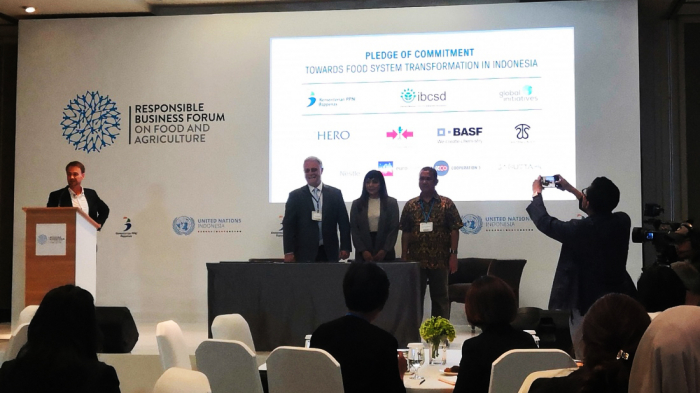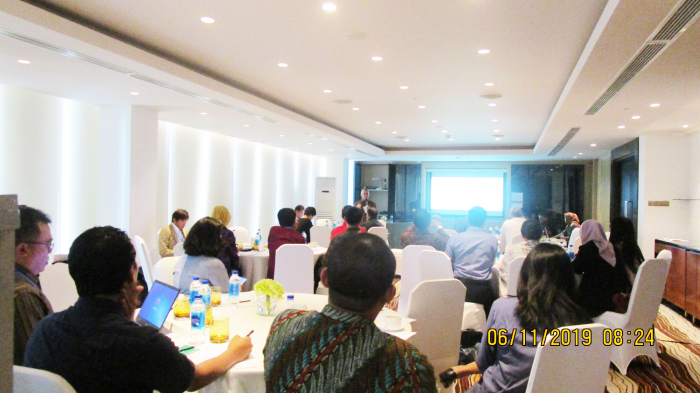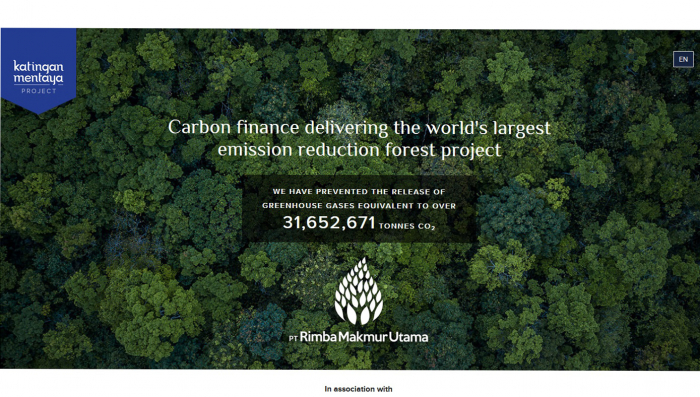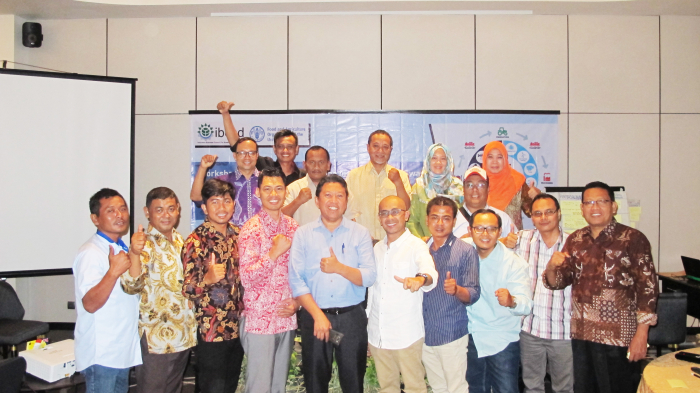
Investing Opportunity to achieve SDG 2
Various key stakeholders from province and district governments, companies, NGOs and academia actively participated in the discussion. “I appreciate the initiative and smart work of IBCSD by conducting this workshop to mobilize business opportunity to support SDG 2. This discussion is very important to solve barriers and seize opportunity to increase business investment in the local flagship commodities, such as shrimp and coffee”, said Choirul Anam, Head of Fisheries Department, Gresik District. Three resource persons are also invited to share their expert knowledge on the workshop topic. They are Satrio Nugroho from PT Central Proteina Prima, a company working on shrimp commodity; Sigit Ismaryanto from Board of Indonesia Sustainable Coffee Cooperation (ISCC) and Andi Kurniawan from Centre for Coastal and Fishery Study, Brawijaya University.
A number of challenges are discussed in the plenary and group discussion, in particular relating to coffee and shrimp as parts of the local flagship commodities in East Java. On shrimp commodity, the market opportunity at both international and domestic levels are still very high. The challenges, among others are how to provide quality seeds, including different variety of shrimp seeds that can be productively cultivated in different local conditions. Other challenges are how to help small fish folk to get access to financial support, assist capacity building and innovative technology to improve shrimp product quality that can compete at international market and improve coordination and public private partnership in particular to achieve 250% increase of the national target fishery products in the coming years. On coffee commodity, the challenges include how to revitalize the already old coffee plantation; address the current trend that the increase of coffee consumption is much higher rather than the increase in production; and provide capacity building and innovation supports, in particular to the fast growing SMEs in coffee value chain industries.
The result from the workshop will be presented in Jakarta in December, as a final discussion in completing the study.
